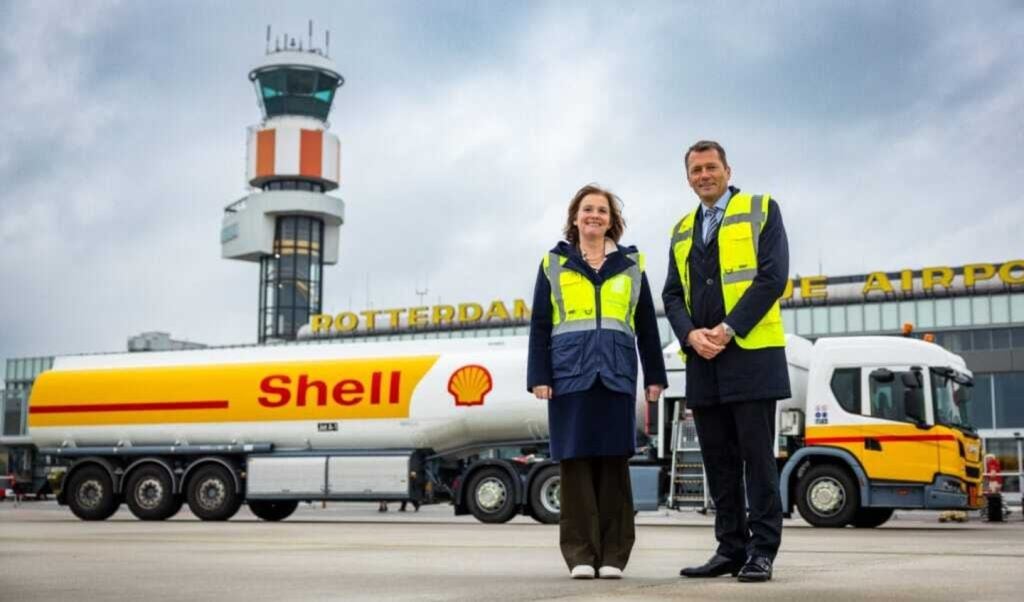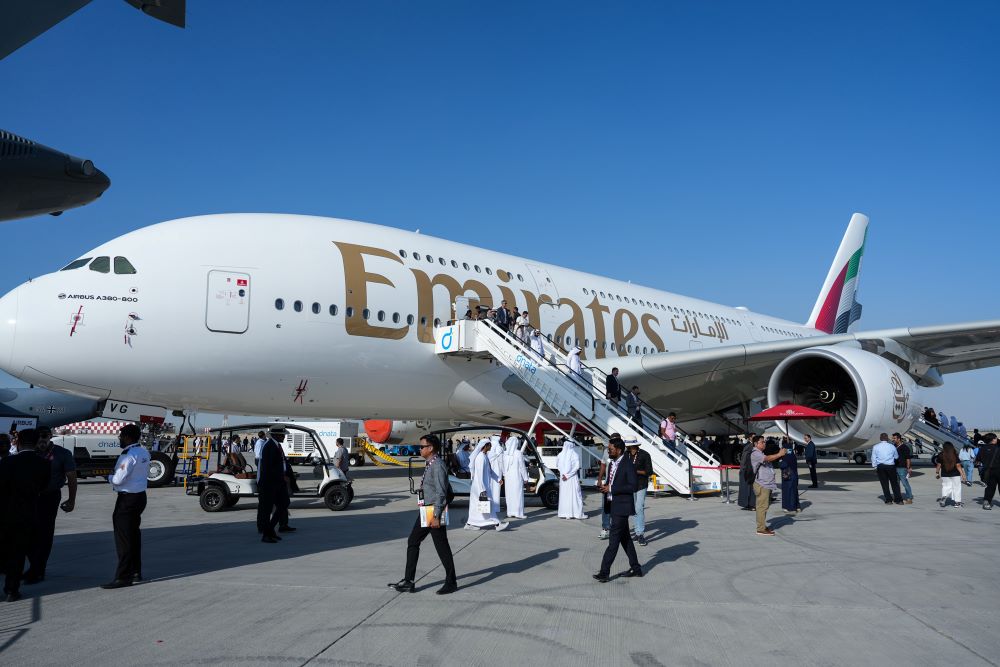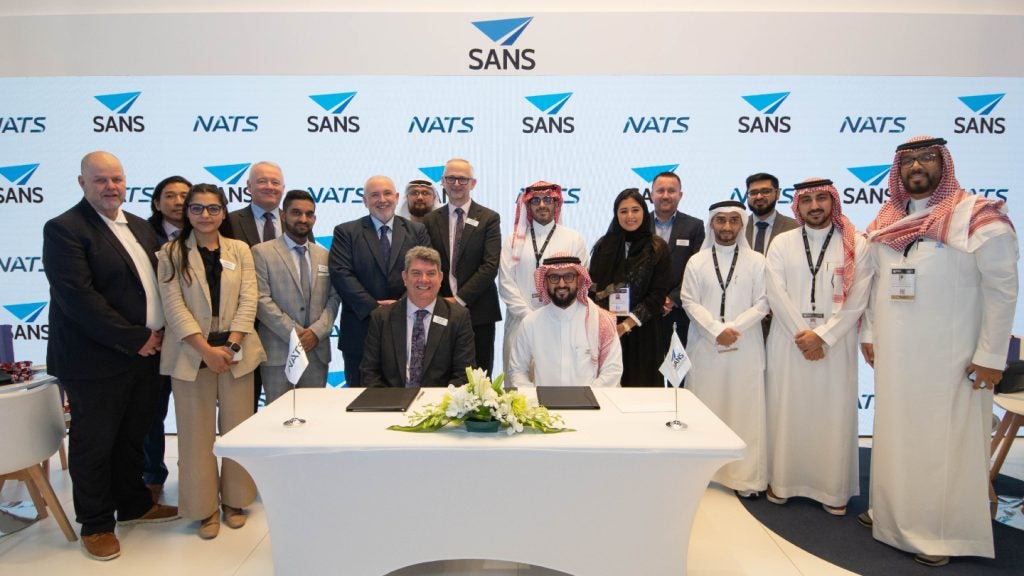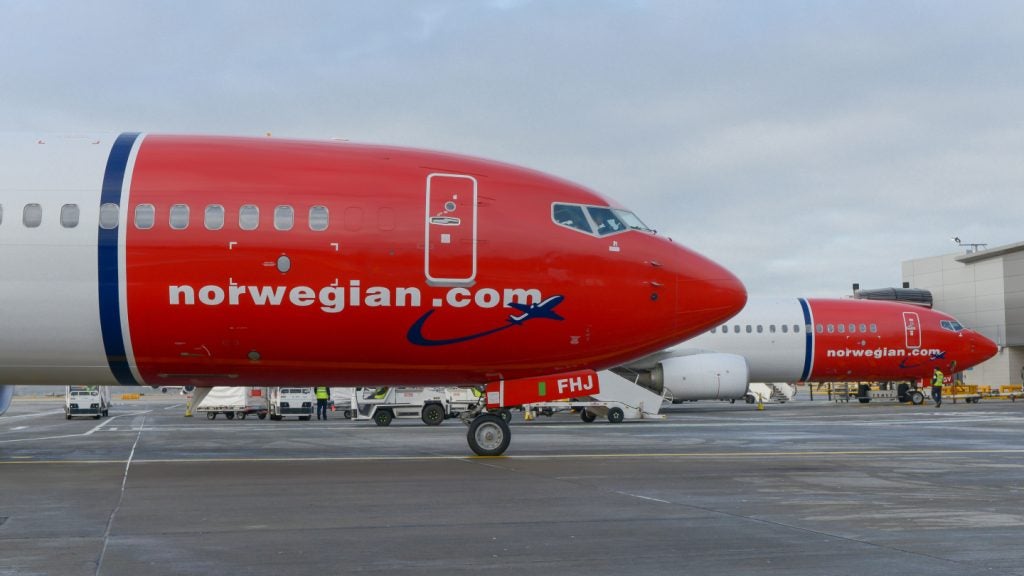Rotterdam The Hague Airport (RTHA) in the Netherlands has partnered with oil and gas company Shell on a long-term agreement to use a blend of sustainable aviation fuel (SAF) in all aircraft that refuel at the airport from 2024.
The agreement will see RTHA go above the new European blending obligations of 6% of SAF by 2030 towards the Dutch aviation sector’s goal of reaching a 14% blend of the low-emission fuel by the same year.
RTHA general manager Wilma van Dejk said: “Sustainable fuel is essential for the future of aviation. Thanks to this long-term commitment, Shell can invest in production facilities and the airlines can gradually adapt to the new reality.”
Investment by Shell in the future of alternative fuel, which has been described by many as a key part of the aviation industry’s net zero goals, will include the continued construction of its new biofuels plant at the Shell Energy and Chemicals Park in Rotterdam.
That new factory will have a capacity of 820,000t to produce SAF and renewable diesel from waste oils and fats, aiding RTHA’s goal of adding at least 1% to its SAF blend each year before reaching 14% in 2030, starting from a 2% blend in 2024.
Shell Aviation president Jan Toschka said: “It is special to see that an airport commits itself for the long term to SAF percentages that are above the European blending obligation.
“This ambition plays an important role in providing the strong, stable demand necessary to scale up the supply and use of SAF.”
The SAF agreement continues an existing partnership on sustainable aviation technology between RTHA and Shell, building on the creation of a consortium to bring hydrogen-powered passenger flights to the airport along with aircraft manufacturer ZeroAvia.













